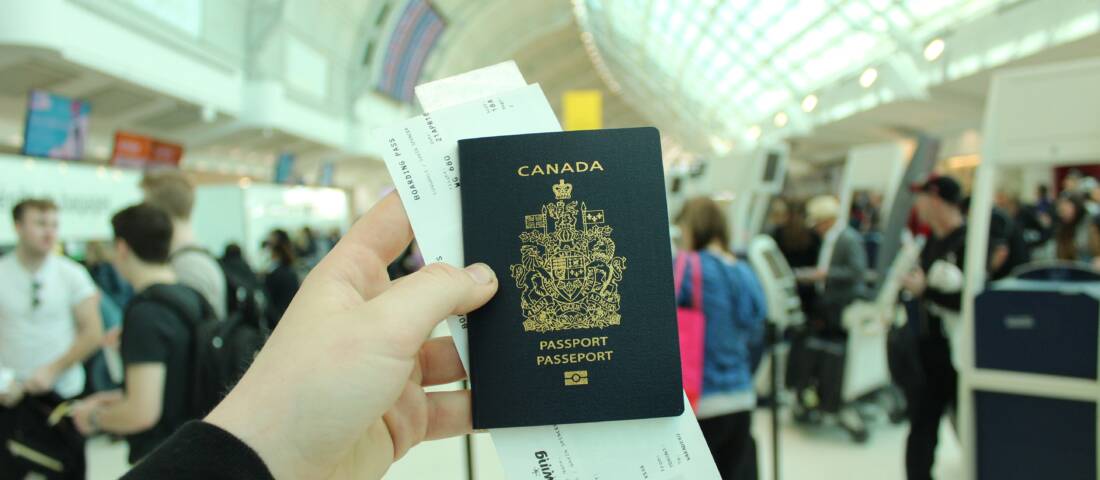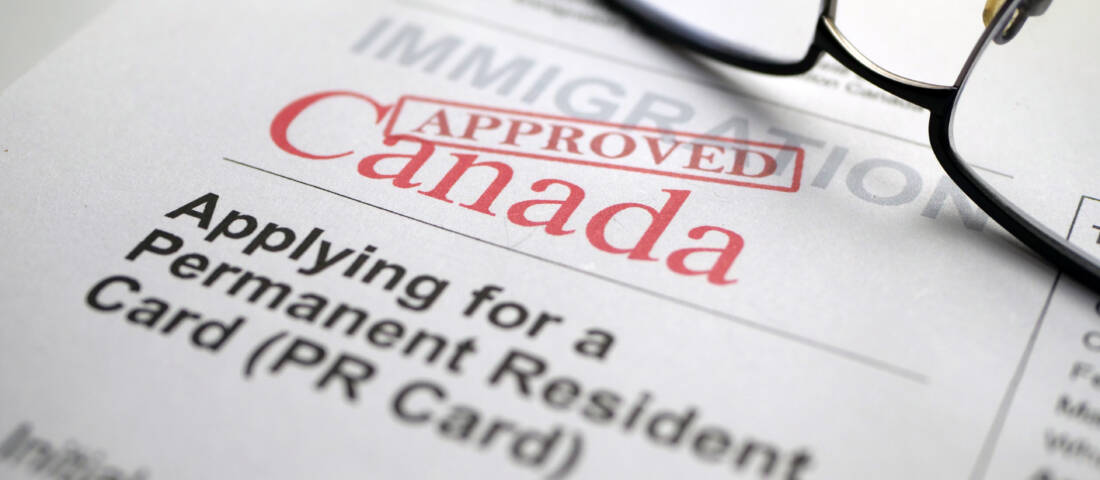For many Canadians, traveling to the U.S.—whether for work, vacation, or to escape the winter chill—is second nature. But starting April 11, 2025, there’s an important change that visitors should be aware of.
The U.S. Department of Homeland Security (DHS) is implementing a new rule that requires foreign nationals, including some Canadians, who stay in the U.S. for 30 days or more to register with U.S. immigration authorities. This isn’t a typical travel form—it’s a formal registration process, and not complying could carry penalties.
At Ackah Law, we know policy changes like this can feel overwhelming — especially for those who travel frequently or spend extended time across the border. So we’ve broken down the essentials to help you stay informed and compliant.
What’s Behind This Change?
This new requirement comes from a January 20, 2025 executive order signed by former President Donald Trump called "Protecting the American People Against Invasion." It directs DHS to enforce Section 262 of the Immigration and Nationality Act (INA), which requires certain foreign nationals to register with the government.
While the rule has long existed in law, it hasn’t been widely enforced—until now.
Who Must Register?
The registration requirement applies to all non-U.S. citizens aged 14 and older who were not registered and fingerprinted when applying for a U.S. visa and who intend to remain in the country for 30 days or longer. Parents or legal guardians must register children under 14 who meet these criteria.
You must register if:
- You’re not a U.S. citizen or permanent resident, and
- You plan to stay in the U.S. for 30 days or longer, and
- You haven’t already been issued proof of registration (like an I-94 form), and
- You haven’t provided fingerprints through a formal immigration process.
This includes:
- Canadians who cross at land borders and don’t receive an I-94 form
- Foreign nationals in the U.S. without inspection (i.e. undocumented)
- Individuals who applied for DACA or TPS but weren’t registered formally
It’s important to note: If you entered the U.S. before April 11 and are still there after that date, the rule still applies to you.
Notably, Canadian visitors entering the U.S. at land ports of entry without receiving an I-94 form and planning to stay beyond 30 days are required to register.
What Does the Registration Process Look Like?
To comply with this mandate, affected individuals should complete Form G-325R, Biographic Information (Registration), available through the myUSCIS platform. This form collects personal, immigration and biographic details necessary for the registration process.
What are the Compliance Obligations?
Foreign nationals aged 18 and older must carry proof of registration at all times while in the United States. Additionally, any change of address must be reported to DHS within 10 days.
What Happens If You Do Not Comply?
Unfortunately, the consequences of non-compliance can be serious. Failure to register, carry proof of registration or update address information can result in significant penalties:
- Failure to Register: Up to a $5,000 fine, imprisonment for up to six months, or both.
- Failure to Carry Proof of Registration: Considered a misdemeanor, punishable by a fine of up to $5,000 or imprisonment for up to 30 days, or both.
- Failure to Report Address Changes: Also a misdemeanor, with penalties similar to those for not carrying proof of registration. Plus, anyone who has failed go through the Address Change requirements can be deported, unless you can provide proof for why you were unable to report.
What is the Impact on Canadian Visitors?
This rule notably affects Canadian "snowbirds" — individuals who spend extended periods in warmer U.S. states during winter months. Estimates suggest that approximately 900,000 Canadians could be impacted by this change. This change is especially relevant for Canadians who are frequent cross-border travelers and anyone who plans to spend an extended time in the U.S. in general.
For those used to informal, easy travel across the border, this new layer of bureaucracy may come as a surprise.
While the fingerprinting requirement is waived for Canadian non-immigrant visitors, the registration obligation remains. Therefore, Canadians planning to stay in the U.S. for more than 30 days should ensure they comply with these new regulations to avoid potential penalties.
Final Thoughts from Ackah Law
Changes like this are a reminder that immigration law is always evolving—and even the most seasoned travelers can find themselves caught off guard. As the enforcement date approaches, it's crucial for Canadians to familiarize themselves with these requirements to ensure a smooth and lawful stay in the United States in the future.
If you’re unsure whether this rule applies to you or how to register properly, our team at Ackah Law is here to help – we are working hard to keep this post up to date with any changes when they are released. We’re committed to helping individuals, families and businesses navigate cross-border travel and immigration with clarity and confidence.
📞 Have questions? Let’s talk. You deserve peace of mind while enjoying your time in the U.S. — without surprises at the border.








